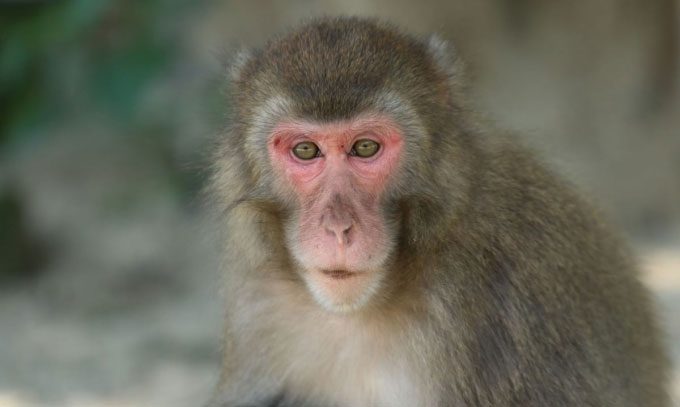Researchers Make Significant Progress in Organ Transplantation as a Monkey Survives 758 Days with Genetically Altered Pig Kidney.
A new study on genetically modified pig kidney transplants in monkeys, published in the journal Nature, was conducted by the American biotechnology company eGenesis in collaboration with Harvard Medical School. The research team believes that genetically modified pigs could be a potential solution to the global shortage of organ donors for patients suffering from organ failure, as reported by the Guardian on October 11th. According to Dr. Michael Curtis, CEO of eGenesis, this milestone brings hope for this solution and could yield positive results for those in need of organ transplants to continue living.

Macaque monkeys, the species chosen for the pig kidney transplant study. (Photo: Takasakiyama Natural Zoological Garden).
Scientists have spent decades researching whether animal organs can function normally and safely in the human body without being rejected by the patient’s immune system, but the challenges are immense. In the latest experiment, researchers utilized CRISPR gene editing tools to modify the genes of miniature Yucatan pigs, then transplanted their kidneys into macaque monkeys. The genetic modifications aimed to prevent organ rejection and eliminate any potential pig viruses that could be activated in the recipient’s body.
In the new study, the research team described the condition of 21 monkeys after their kidneys were removed and genetically modified pig kidneys were transplanted. Typically, monkeys survive only 24 days because the kidneys (modified to disable three genes) trigger an immune rejection response. However, when the team added seven human genes that help reduce blood clotting, inflammation, and other immune reactions, the group of monkeys lived seven times longer, averaging around 176 days.
When combined with immunosuppressive methods, the research team reported that one monkey could live for over 2 years—758 days—with the transplanted organ. Curtis noted that the survival of some monkeys for an extended period brings eGenesis closer to meeting the requirements of the U.S. Food and Drug Administration (FDA) for animals to survive at least 12 months before human clinical trials can begin.
The research team used Yucatan pigs as “donors” because, when mature, their kidneys are comparable in size to those of adult humans. In the monkey trials, the pig kidneys were transplanted when they were 2-3 months old and were smaller in size.
Tatsuo Kawai, a member of the research team and a professor at Harvard Medical School, stated that they expect the genetically modified pig organs to function better in humans than in monkeys due to better compatibility. Professor Dusko Ilic from King’s College London commented that the new work represents a breakthrough achievement, but he believes there is still a long way to go before this method can be used in clinical trials.




















































